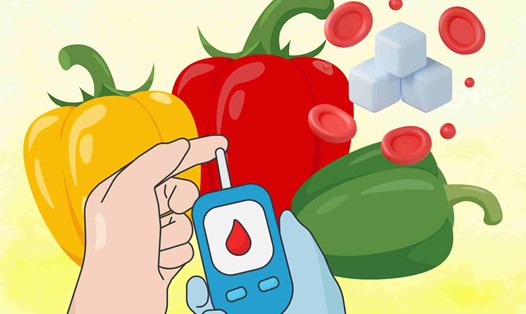The vital role of insulin in regulating blood sugar
Insulin is a hormone produced by the pancreas, which helps move glucose from the blood into cells for energy. When the body lacks or does not respond to insulin, blood sugar levels increase, the main cause of diabetes.
According to Dr. Megan Nunn, a pharmacologist at the University of South Carolina (USA), Inclinical insulin injections help prevent dangerous complications such as heart disease, stroke and kidney damage.
People with type 1 diabetes must get insulin injections daily to maintain stable blood sugar. For people with type 2 diabetes, doctors may prescribe a combination of insulin with diet and exercise to achieve better control results.
There are currently many different types of insulin such as fast, medium and long-acting, selected depending on the condition and reaction of the body.
Side effects to watch out for when taking regular insulin injections
Although it has great benefits, insulin can also cause hypoglycemia, a condition in which blood sugar levels drop too low, leading to dizziness, sweating, and even fainting. According to Dr. Kelly Wood, an endocrinologist at the Mayo Clinic (USA), About 15% of insulin users experience hypoglycemia at least once a year.
In addition, repeated injections in one location can cause bruising, fat tissue problems, while prolonged high doses can easily lead to weight gain and mood disorders. Experts recommend that patients should change the vaccination location, follow the dose and monitor blood sugar daily to avoid complications.
insulin treatment is a journey that requires understanding and close coordination between patients and doctors, Dr. Nunn emphasized.











